- First Steps: When Harrison Ford Earned His First Money
- The Carpenter's Workshop: Harrison Ford's First Real Job
- Career Breakthrough: How Harrison Ford's Earnings Skyrocketed
- Peak Performance: Harrison Ford's Net Worth at Its Highest
- Current Fortune: Harrison Ford Net Worth Today
- Success Philosophy: Harrison Ford's Key Ideas on Achievement
Look, Ford's 83 now, and he's still crushing it in movies. His harrison ford net worth isn't just about playing iconic characters – it's proof that sometimes the long game actually works out. What makes his journey really stand out is how he wasn't some overnight success story. He literally worked as a carpenter for years, supporting his family while waiting for his shot. That kind of grind? It's what separates the people who make it from those who don't.
First Steps: When Harrison Ford Earned His First Money
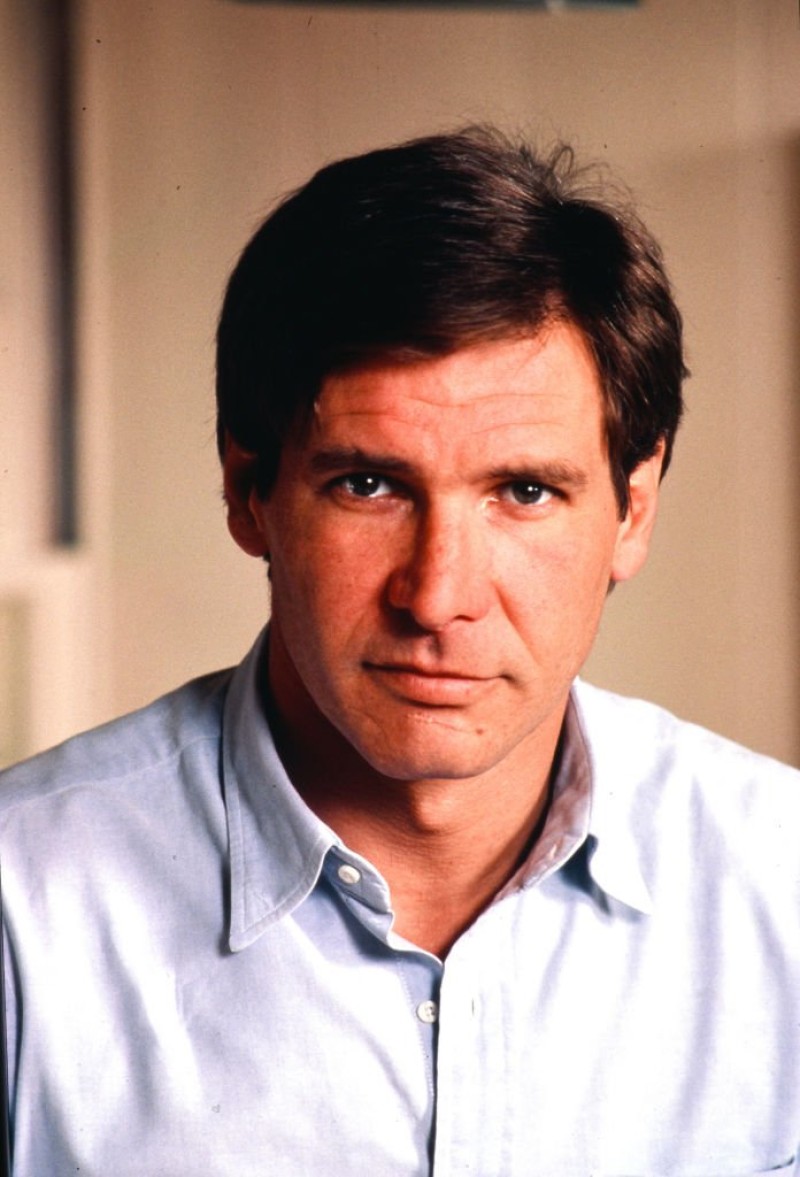
Ford's first paychecks in Hollywood were... let's just say, not impressive. Born in Chicago back in 1942, he wasn't even planning to be an actor at first. In 1964, he rolled into California hoping to land a voice-over gig. Didn't happen. Instead, he signed with Columbia Pictures for a measly $150 a week doing bit parts. That's barely enough to survive, even back then.
His actual first credited role came in 1967 in some Western called "A Time for Killing," but honestly, nobody remembers it. Before that, in 1966, he played a bellhop in "Dead Heat on a Merry-Go-Round" – didn't even get a credit for it. Through the late 60s, he bounced around TV shows like "Gunsmoke" and "Ironside," picking up whatever small checks he could get.
The game started changing in 1973 when George Lucas cast him in "American Graffiti." Ford made $500 a week for that one. Not exactly life-changing money, but it was progress. More importantly, it got him on Lucas's radar – and that connection would eventually flip his whole career upside down.
The Carpenter's Workshop: Harrison Ford's First Real Job
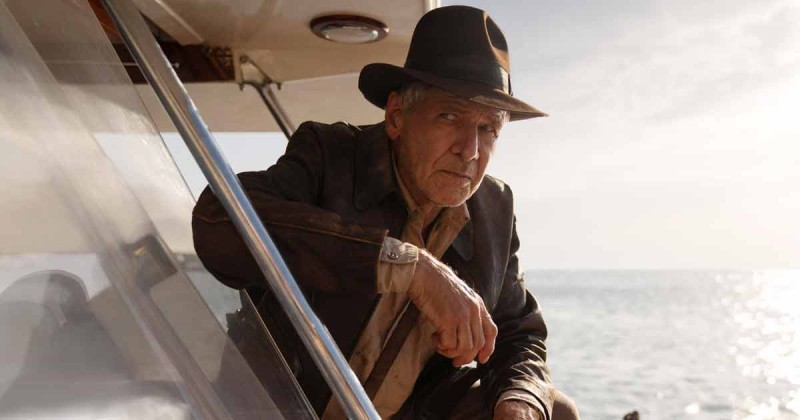
Here's where it gets real. Ford got so fed up with crappy acting roles and not being able to pay his bills that he did something most actors won't do – he got a real job. By 1970, he was working full-time as a carpenter in LA. And we're not talking about doing it half-heartedly. This became his actual career.
The man taught himself carpentry by checking out books from the library. No YouTube tutorials, no online courses – just books and determination. And he got good at it too. He ended up building stuff for some pretty wealthy clients, including writers Joan Didion and John Gregory Dunne. He even worked for Francis Ford Coppola, installing doors and building cabinets at the director's place.
Ford later said, "Through carpentry, I fed my family and began to pick and choose from among the roles offered. I could afford to hold out until something better came along." That's the thing – carpentry gave him freedom. He didn't have to take every garbage role that came his way just to make rent.
And get this: it was while he was literally installing a door at Coppola's house that he ran into George Lucas again. That random encounter? That's what led to him getting cast in "Star Wars." Sometimes life's just weird like that.
Career Breakthrough: How Harrison Ford's Earnings Skyrocketed
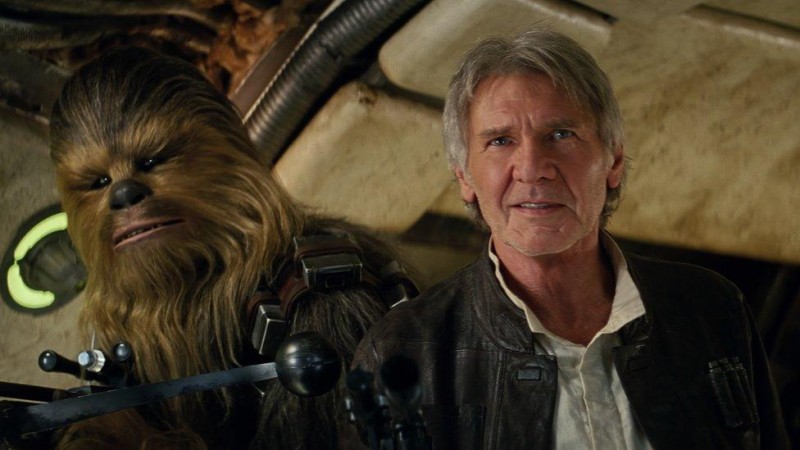
When "Star Wars" dropped in 1977, everything changed. But Ford's paycheck? Just $10,000. Yeah, you read that right. By today's standards, that's around $42,000 – decent money, but nothing crazy considering the movie became a massive phenomenon.
His salary grew, but slowly. "The Empire Strikes Back" in 1980 got him $100,000. "Return of the Jedi" in 1983 bumped him up to $500,000. These were solid increases, but the real money explosion was still coming.
Then came Indiana Jones in 1981. "Raiders of the Lost Ark" paid him close to $6 million, and suddenly Ford was playing in the big leagues. Through the 80s, his rate kept climbing. He got $6.6 million for "The Fugitive" and similar numbers for films like "Blade Runner" and "Air Force One."
But the really insane paychecks came later in his career. For "Indiana Jones and the Kingdom of the Crystal Skull" in 2008, he pulled in somewhere between $47-65 million when you include backend deals. For "The Force Awakens" in 2015, he got a $15 million base salary plus profit participation that brought his total to around $25 million.
Between 1977 and 1997, Ford was basically unstoppable – 14 of his films hit the top 15 at the box office. In 2016, he became Hollywood's highest-grossing actor ever with $4.7 billion total. Samuel L. Jackson eventually passed him thanks to Marvel movies, but still – that's a hell of a run.
Peak Performance: Harrison Ford's Net Worth at Its Highest
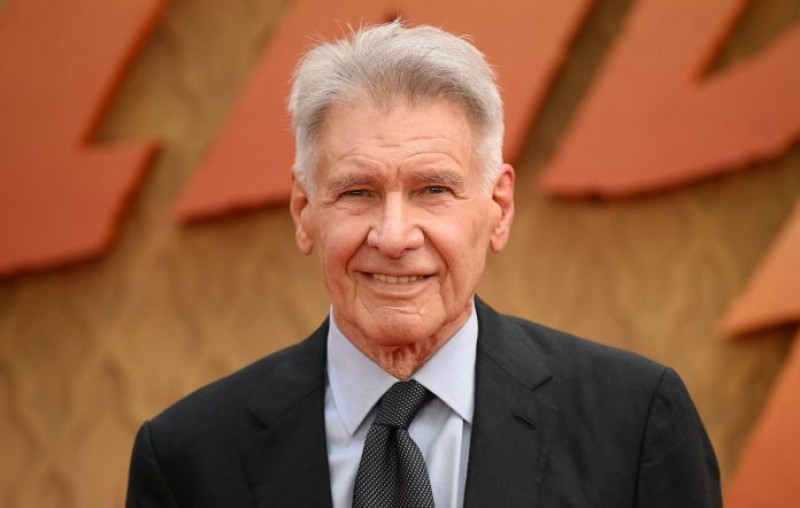
Ford hit his financial peak during the late 2000s through the 2010s. Coming back for "Star Wars" and "Indiana Jones" sequels meant massive paydays. For "Indiana Jones and the Dial of Destiny" in 2023, he scored $25 million even after initially agreeing to take less.
But movies weren't his only play. He jumped into TV with the "Yellowstone" prequel "1923" and reportedly made $1 million per episode. That's $8 million for season one alone. When season two dropped in February 2025, he likely got the same or better.
His harrison ford net worth of $300 million comes from everywhere. His old films still generate money through streaming and merchandise. Action figures, video games, all that stuff – he gets a cut. Plus, he's smart with real estate. Bought a house in Brentwood for $1 million in 1983, flipped it for $8.2 million in 2012. That's how you build wealth.
At 83, he's still working. Just joined the Marvel Universe as General Ross in "Captain America: Brave New World" for around $10 million. He's also on Apple TV's "Shrinking," adding even more to his annual income. The guy simply doesn't stop.
Current Fortune: Harrison Ford Net Worth Today

Right now, Ford's sitting on about $300 million according to Celebrity Net Worth and other sources. That's the result of 50+ years of consistent work, smart money moves, and being part of franchises that refuse to die.
He's still making bank too. Major films pay him anywhere from $12-65 million depending on the project and backend deals. TV shows like "1923" and "Shrinking" add millions more every year. And the residuals from "Star Wars" and "Indiana Jones"? Those checks keep rolling in from streaming, merchandise, new releases – it never stops.
Beyond Hollywood money, Ford's diversified. He owns an 800-acre ranch in Jackson Hole, Wyoming, where he lives with his wife Calista Flockhart. They also have a $12.6 million mansion in Brentwood they bought in 2011. Oh, and he's a licensed pilot who owns multiple planes, including a Gulfstream II and a Bell 407 helicopter. Sometimes he even uses his helicopter for emergency rescues in Wyoming.
The man can still command $10-25 million for big movies, especially franchise stuff. He's working in both film and TV, which keeps him relevant and the money flowing. Not bad for someone who's in his eighties.
Success Philosophy: Harrison Ford's Key Ideas on Achievement
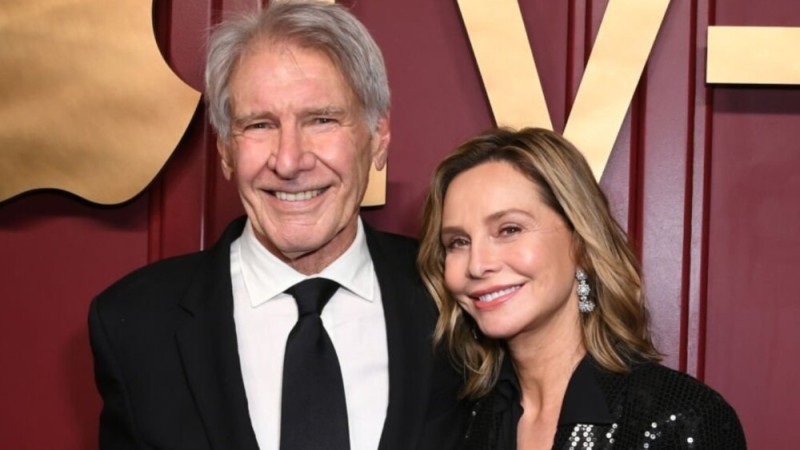
Over his career, Ford has dropped some genuinely useful wisdom about success. It's not the typical Hollywood BS either – it's practical stuff from someone who actually struggled before making it.
Find Your Own Path
Ford's number one piece of advice: "Work hard and figure out how to be useful and don't try to imitate anybody else's success. Figure out how to do it for yourself with yourself." He's big on authenticity. In interviews, he's said, "Never be caught with the idea that you can imitate someone else's success. Find your own way, find your own voice, find your own feelings."
Success Is Choice and Opportunity
When people ask him what success means, Ford keeps it simple: "To me, success is choice and opportunity." For him, it wasn't about getting famous or rich – it was about having the freedom to pick projects he actually cared about. That's why he did carpentry. It gave him financial independence to turn down roles that sucked.
Embrace Failure and Keep Working
Ford dealt with plenty of rejection. Some executive at Columbia Pictures literally told him he had "no future" in Hollywood. Instead of quitting, he learned carpentry and kept going. "You keep working, you keep striving, and eventually, you get there," he's said. He also knows people need to see the full picture: "If you're going to define me properly, you must think in terms of my failures as well as my successes."
Stay Belligerent and Committed
In one interview, Ford admitted he succeeded partly by being "belligerent" and "ignorant at the same time." That combo of confidence and risk-taking worked for him. He never compromised on what he wanted, even when it meant turning down work or going broke.
Focus on the Work, Not the Fame
Despite being one of the most famous people on the planet, Ford says "it wasn't the fame and fortune. It was the work." He calls himself "an assistant storyteller" instead of a star. "Acting is not about competing. Acting is about cooperating. Acting is about collaboration," he explains.
Value Time and Persistence
Ford didn't really blow up until his mid-thirties, proving there's no universal timeline for success. "You may get real tired watching me, but I'm not going to quit," he once said. His years of grinding through small roles and carpentry work show that persistence matters more than fast results.
Maintain Humility and Perspective
Even with all his success, Ford stays grounded. "I don't think I've mastered anything. I'm still wrestling with the same frustrations, the same issues, the same problems as I always did. That's what life is like," he's admitted. That kind of honesty keeps him focused on getting better instead of coasting on past wins.
Be yourself, work your ass off, don't copy other people, learn from failures, stay persistent, care about the craft more than the money, and stay humble. Ford's life proves success doesn't come easy or fast, but with the right mindset, you can make it happen at any age.
 Usman Salis
Usman Salis
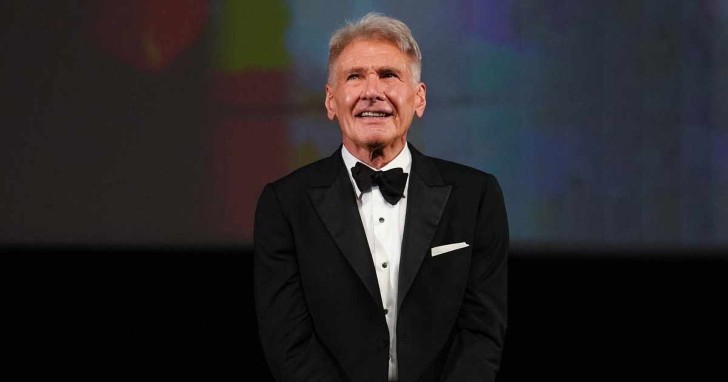
 Usman Salis
Usman Salis


